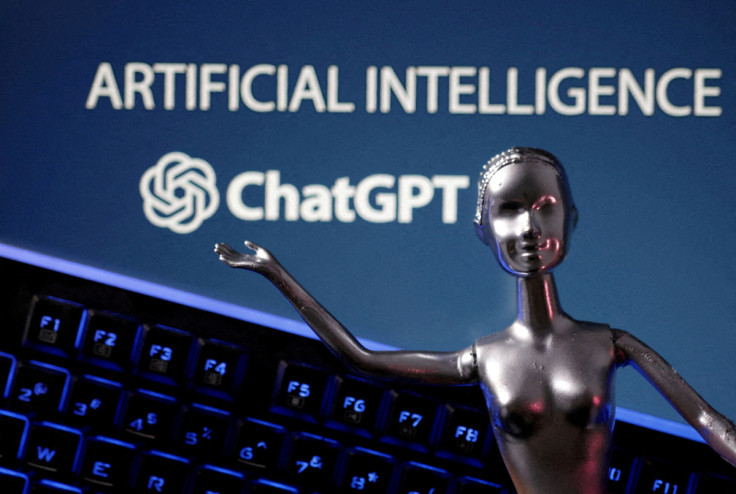British government announce £54 million investment into the development of trustworthy artificial intelligence
Secretary of State for Science, Innovation and Technology Chloe Smith has announced new investment into artificial intelligence research at the London Tech Week.

This week, London Tech Week brings together key figures in the world of tech to focus on crucial themes such as the growth of the British tech ecosystem, green innovation, and the gap between science and technology.
Both Prime Minister Rishi Sunak and the leader of the opposition Sir Kier Starmer have spoken at the London Tech Week. The PM articulated the need for action and not complacency to make Britain a leading destination for tech businesses to invest and grow.
Sir Keir Starmer referred to the "incredible opportunities" presented by the development of artificial intelligence (AI). For example in the NHS, where AI can improve cancer diagnosis.
This was a point the Labour leader made in a recent speech on the future of the NHS. However, Starmer also referred to the risks of AI, including "misinformation" and job losses as AI rapidly develops.
The objective of developing AI safely was the theme of a keynote speech at the London Tech Week by Secretary of State for Science, Innovation and Technology Chloe Smith. She has announced an investment of £54 million into the development of trustworthy AI.
The investment will benefit a collection of British universities. For example, UK Research and Innovation (UKRI) will deliver £31 million of investment for "ground-breaking research" into the development of "responsible and trustworthy" AI at the University of Southampton.
The research at the University of Southampton will involve "academia, business, and the wider public" and investigate ways of developing and using "responsible AI", as well as the societal consequences of AI.
UKRI was established back in 2018 as a non-departmental public body and funding agency responsible for investment in British science and research.
According to Professor Dame Ottoline Leyser, Chief Executive of UKRI, the funding agency will support forms of "useful, trustworthy," creating "solid foundations on which we can build new industries, products and services across a wide range of fields."
In addition to the £31 million put towards the development of responsible AI, the remaining £23 million be allocated to the following areas:
- £2 million will go to BridgeAI programme projects which develop tools that "facilitate assessment of AI technologies".
- £8 million will go to 2 Turing AI World Leading Researcher Fellowships, contributing to the tackling of "some of artificial intelligence's biggest challenges" through high-quality research.
- £13 million will be allocated to 13 projects which aim to help Britain work towards its net-zero targets. For example, through new forms of AI that "accelerate energy efficient CO2 capture".
Other universities to benefit from the funding include Heriot-Watt University, which will receive £1,790,578 to research CO2 capture and storage using AI. Imperial College London will also receive £762,325 to research how AI can be used for CO2 capture.
According to Smith, as well as contributing to "trustworthy and secure" AI, the £54 million will develop Britain's "AI talent pipeline". Smith referred to Britain as a "technology powerhouse," with the new investment placing Britain's "best foot forward as a global leader in tech both now, and in the years to come."
More specifically, the Secretary of State for Science, Innovation and Technology explained that with "a tech sector valued at $1 trillion" last year, Britain is the biggest in Europe, trailing only the US and China globally.
The government aim to cement Britain's status as a science and technology superpower by 2030. Published earlier this year, the UK Science and Technology Framework establishes the government's approach towards achieving this goal.
Furthermore, today the government published a new Geospatial Strategy (UK Geospatial Strategy 2030) intended to advance Britain's global geospatial expertise through developing "technologies including AI, satellite imaging, and real-time data". Geospatial technology is one example of an "emerging and critical" technology important to the future of Britain's tech ecosystem. Aligning with the Science and Technology Framework, The new strategy builds on the work set out by the government's 2020 Strategy.
© Copyright IBTimes 2025. All rights reserved.





















